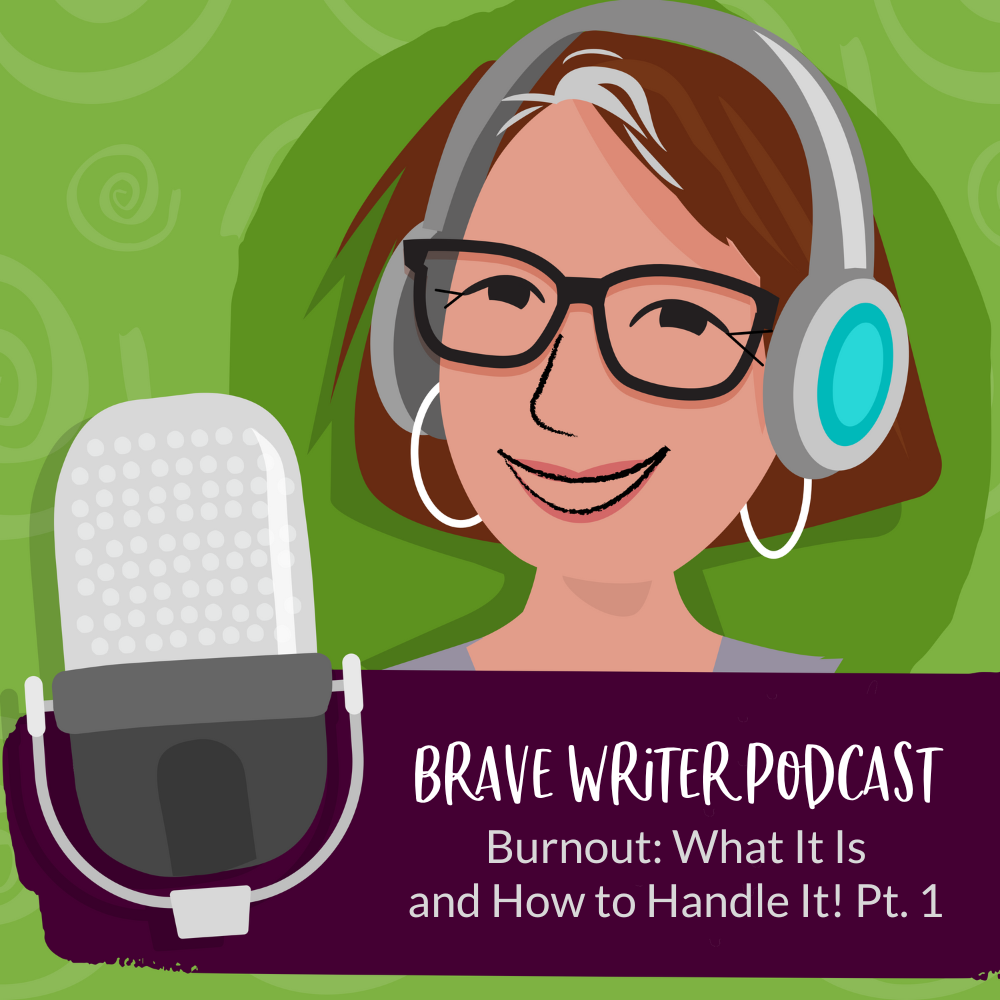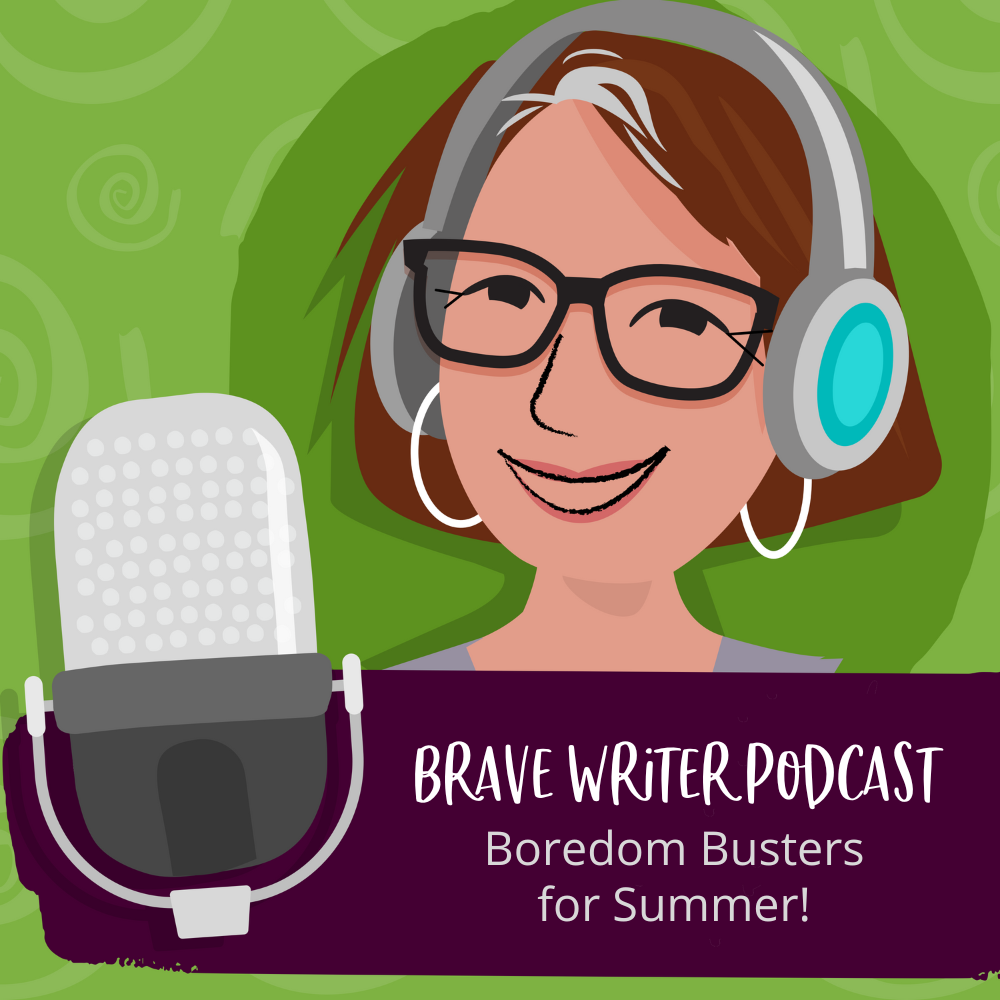
Being an engaged learner for your own sake is the most important lesson your kids can learn from you.
If you have that hunger to know, feed it. Live it in front of your children. Take time for it. Read books, study, watch that PBS special on art history, or go to a bird watching training session.
Let your children see how it’s done.
Instead of trying to recreate school at home, where the parent is the curriculum director, educator, and principal (and the child is the student), dive into HOME education, where parent and child are both on a learning journey—
- sometimes shared,
- sometimes parallel,
- sometimes the child teaches and the parent learns,
- sometimes the parent teaches and the child learns.
Learning is a lifetime habit and source of joy, and it’s important enough to demand your time and energy.
The kids will be fine, sitting on the floor playing with Legos while you get a full drink of French Impressionist painters.
Promise.
























